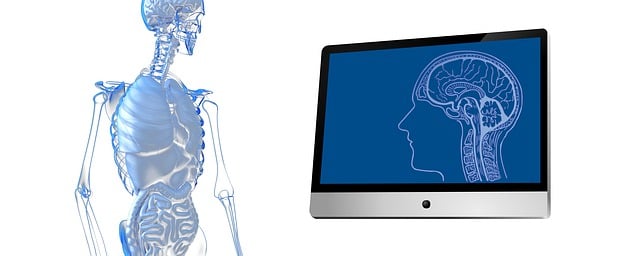Recently, there has been a growing interest in the intricate connection between our gut and brain, known as the gut-brain axis. Researchers have discovered that this intricate network of communication channels between the gastrointestinal and central nervous systems plays a crucial role in our overall health and well-being. In this article, we will delve into the fascinating world of the gut-brain axis, exploring its significance, functions, and the latest research-backed insights.
Understanding The Gut-Brain Axis
The Link Between The Gut And Brain
The gut-brain axis refers to the bidirectional communication system that exists between the gut and the brain. It involves constantly exchanging signals and information through various pathways, including the nervous, hormonal, and immune systems. An extensive network of neurons, neurotransmitters, and other molecules remarkably facilitates this communication network.
Gut Microbiota: The Key Player
The gut microbiota, the collection of trillions of microorganisms residing in our digestive tract, plays a crucial role in the gut-brain axis. Research has revealed that these microbial communities profoundly impact brain function and behavior. The gut microbiota produces various bioactive compounds, including neurotransmitters and short-chain fatty acids, which can influence mood, cognition, and our susceptibility to neurological disorders.
Functions Of The Gut-Brain Axis
Regulation of Mood and Emotions
Linked the gut-brain axis to regulating mood and emotions, as the gut microbiota actively produces neurotransmitters like serotonin, commonly known as the “happy hormone.” Imbalances in gut microbiota composition and mental health are associated with depression and anxiety. By comprehending and actively modulating the gut-brain axis, exciting possibilities emerge for exploring novel treatment approaches for these conditions.
Impact On Cognitive Function
Emerging research suggests that the gut-brain axis also influences cognitive function. Studies have found that alterations in gut microbiota composition can impair memory, attention, and learning abilities. On the other hand, a healthy gut microbial community improved cognitive performance. By nurturing our gut health, we may enhance our cognitive abilities and protect against age-related cognitive decline.
The Latest Findings And Future Directions
Gut-Brain Axis and Neurological Disorders
Scientists are increasingly exploring the role of the gut-brain axis in neurological disorders. Conditions like Parkinson’s disease, multiple sclerosis, and linked autism spectrum disorders to imbalances in gut microbiota. Researchers hope to develop innovative therapeutic approaches for these complex conditions by investigating the gut-brain axis further.
Targeting The Gut-Brain Axis For Health
The growing understanding of the gut-brain axis has paved the way for potential interventions to improve our health and well-being. Probiotics, prebiotics, and dietary changes have shown promising results in modulating gut microbiota and positively impacting mental health and cognitive function. Future research may unveil personalized approaches to optimize the gut-brain axis, potentially revolutionizing healthcare.
Conclusion
The gut-brain axis represents a fascinating and intricate network linking our gastrointestinal and central nervous systems. It has profound implications for our mental health, cognitive function, and overall well-being. By recognizing the significance of this connection, researchers and healthcare professionals can develop innovative strategies to optimize the gut-brain axis, leading to improved treatments for neurological disorders and enhanced mental performance. As science continues to unravel the mysteries of this complex relationship, the gut-brain axis holds great promise for the future of healthcare.

